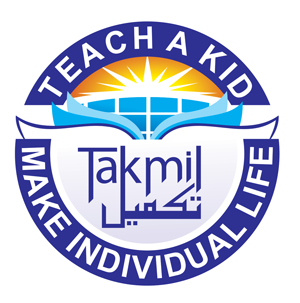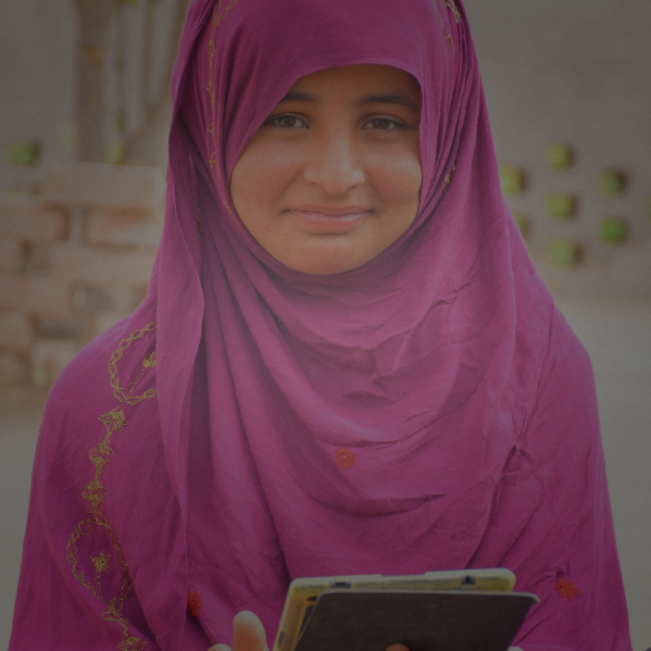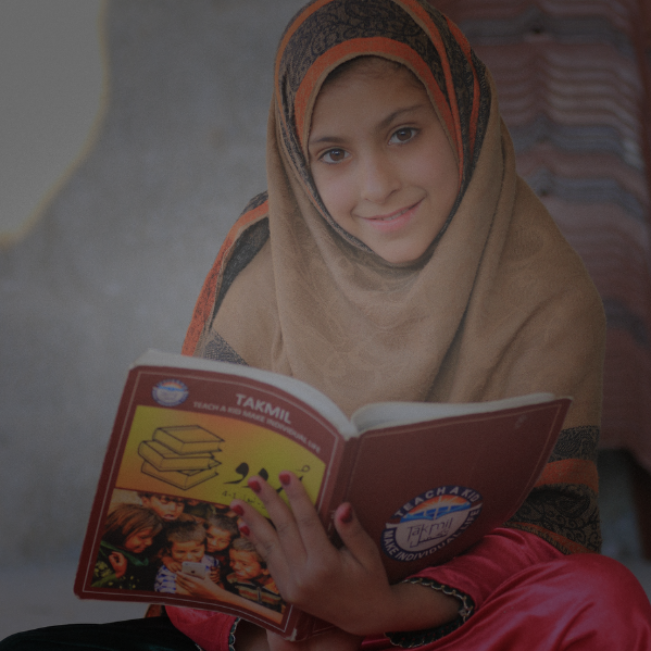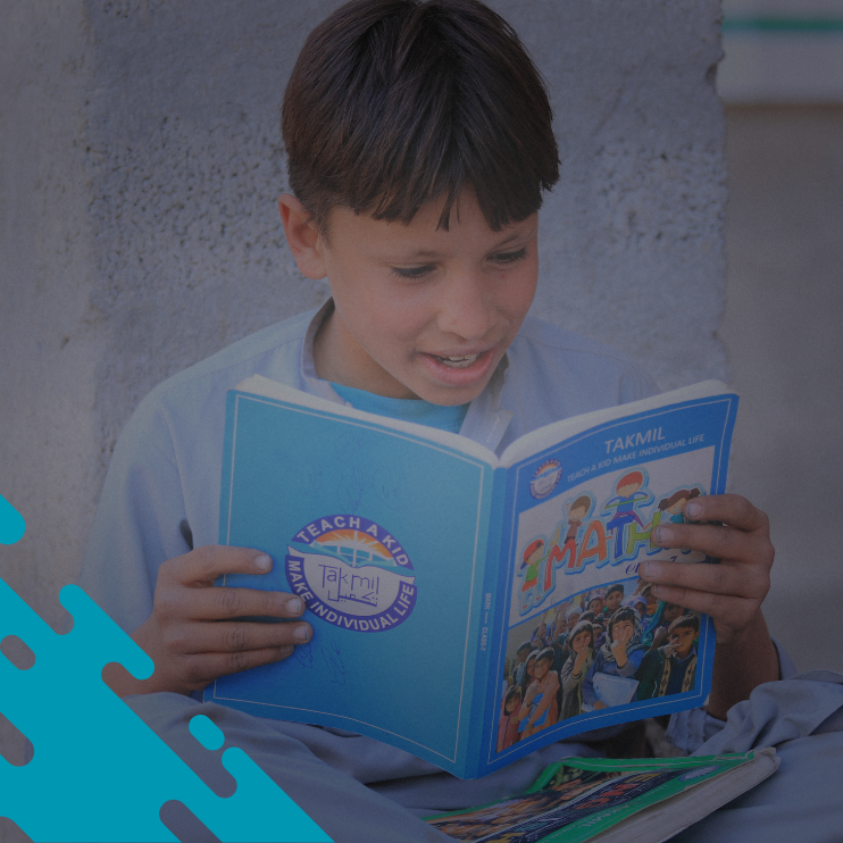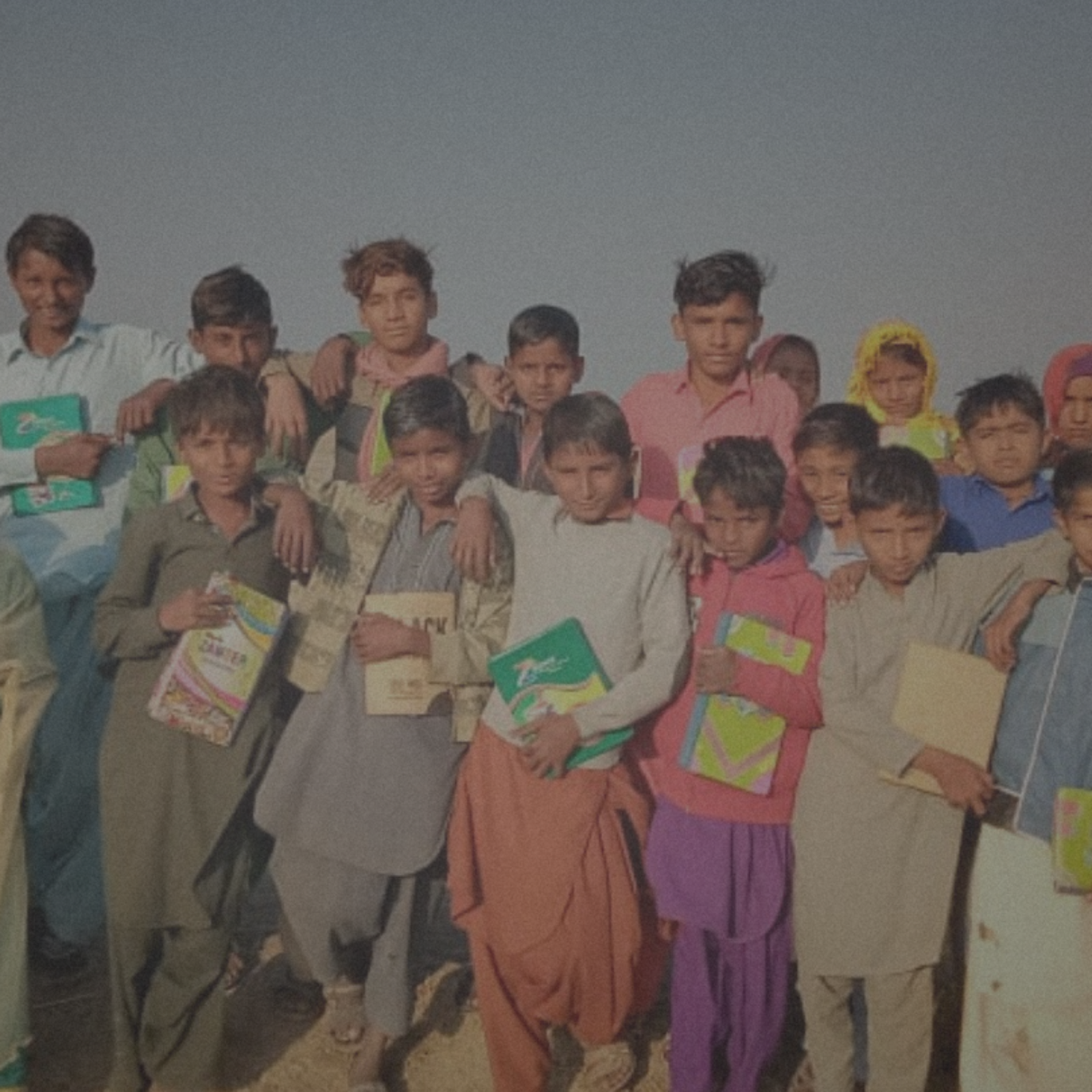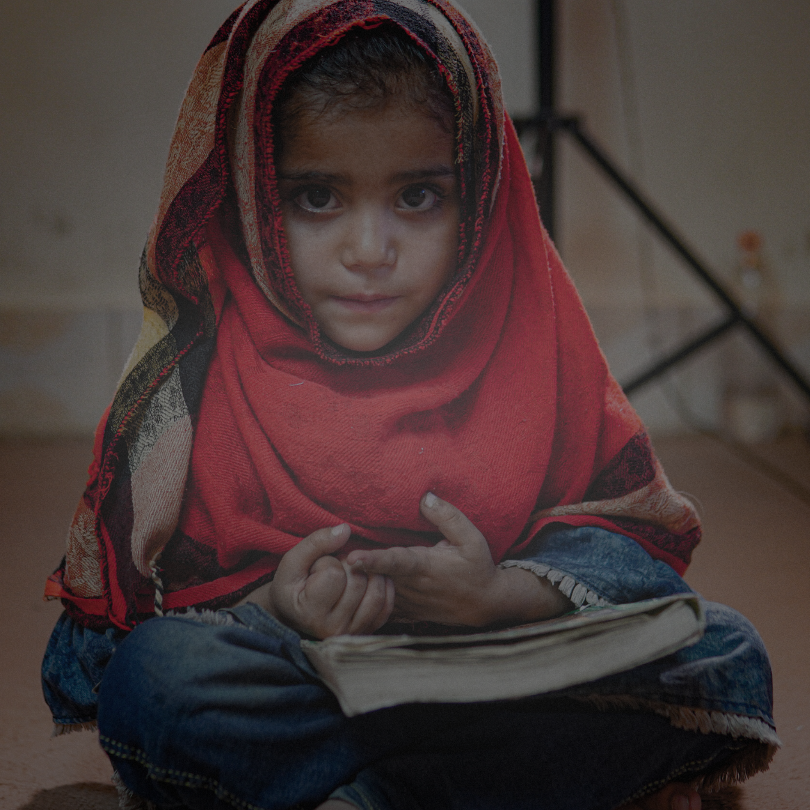How TAKMIL Model Work?
TAKMIL Foundation prioritizes providing free quality education to out-of-school children in remote and marginalized areas of Pakistan. We leverage a customized technology-driven system to address challenges in rural communities lacking access to school, electricity, or internet. Our focus remains on reaching children in remote regions who are currently out of school, ensuring no child is left behind.
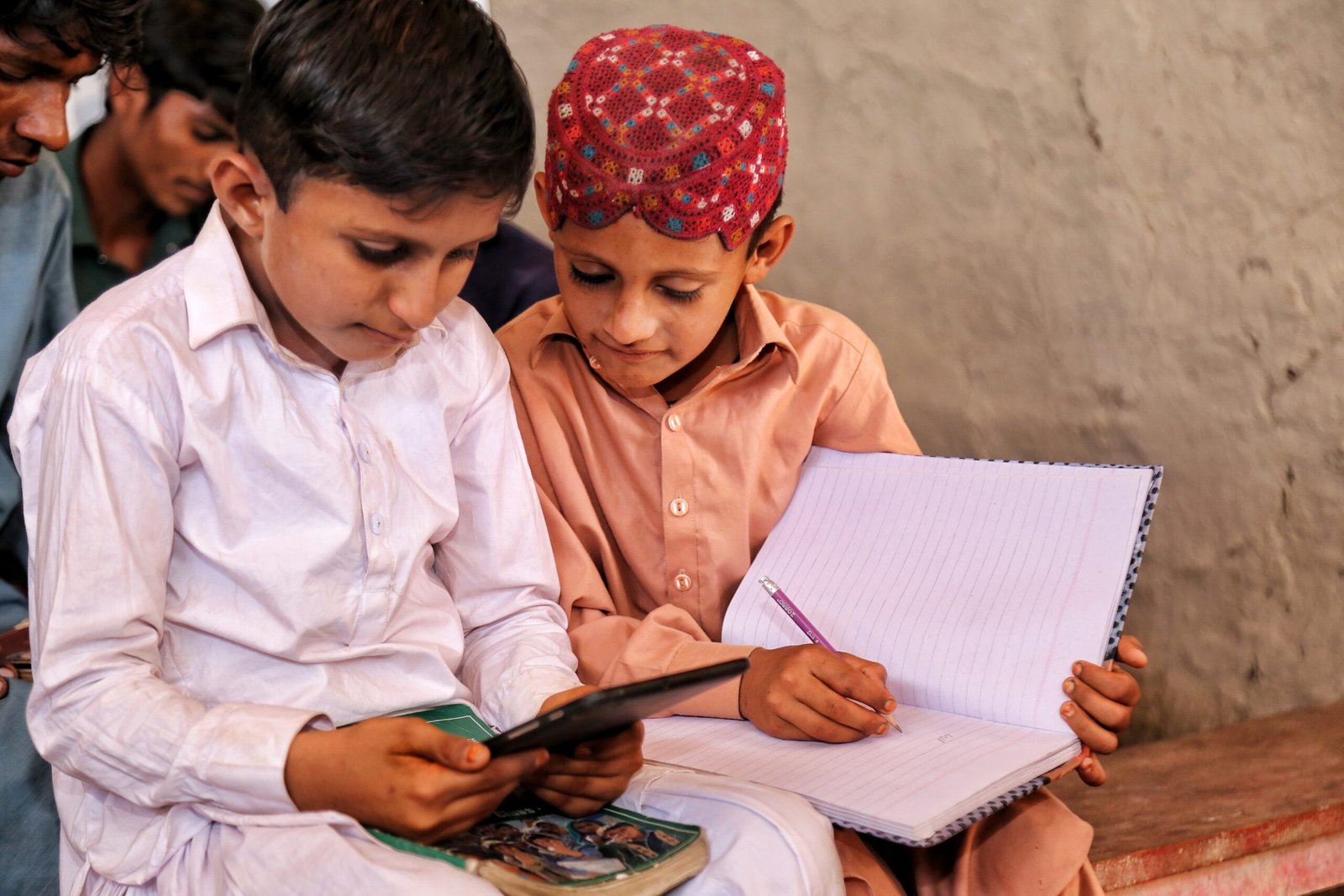
1. Integration Accelerated Curriculum
Our accelerated model uses technology to educate multi-age children who never attended school. Completing primary and elementary literacy in 30 months, it offers Grades 1-5 in 12 months and Grades 6-8 in 18 months.
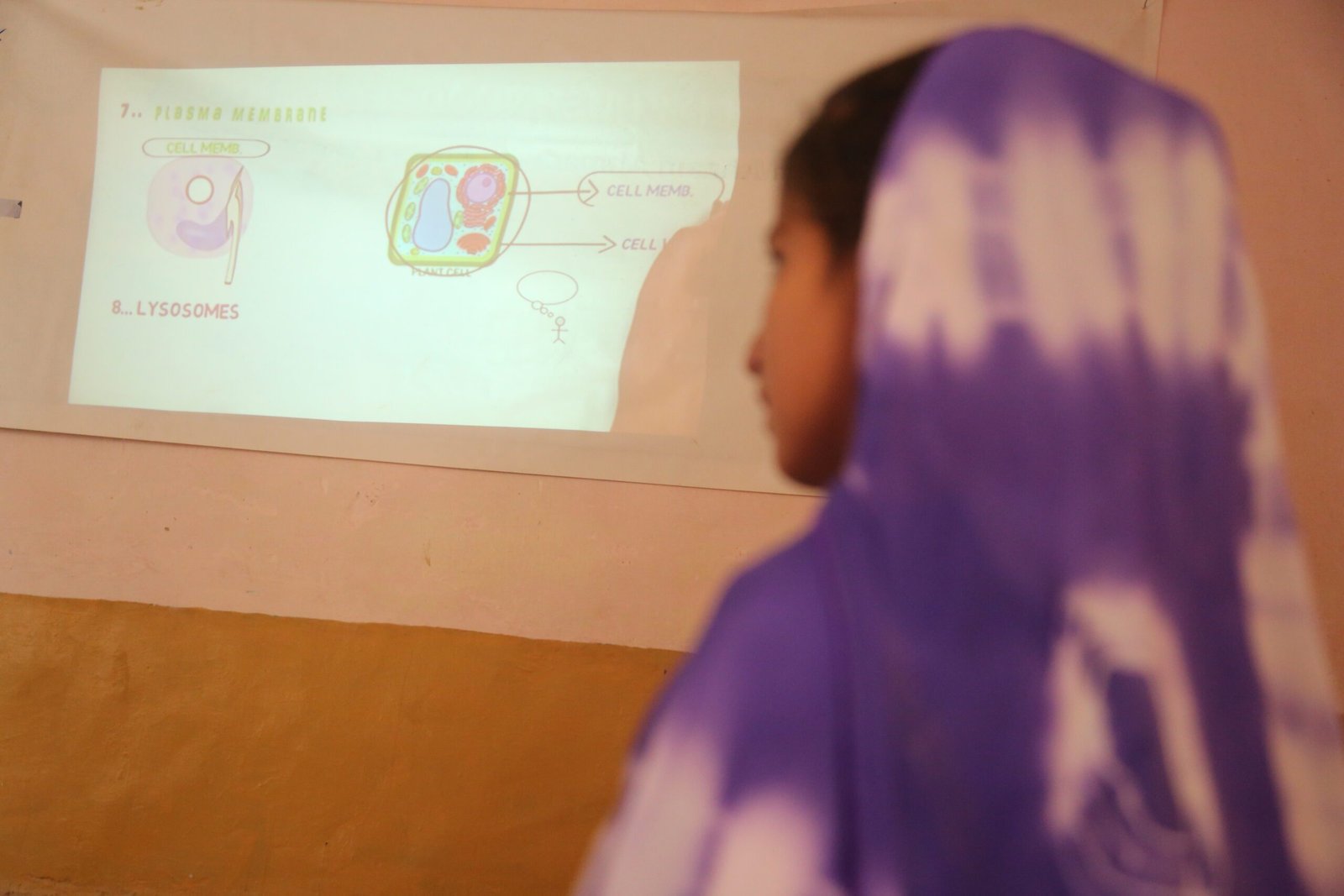
2. Digital Delivery System
We utilize video lessons from open resources to address the need for more trained instructors. Each topic includes 2-3 videos, followed by digital assessments. Additionally, our portable School-in-a-Box manages classes with solar-powered technology.
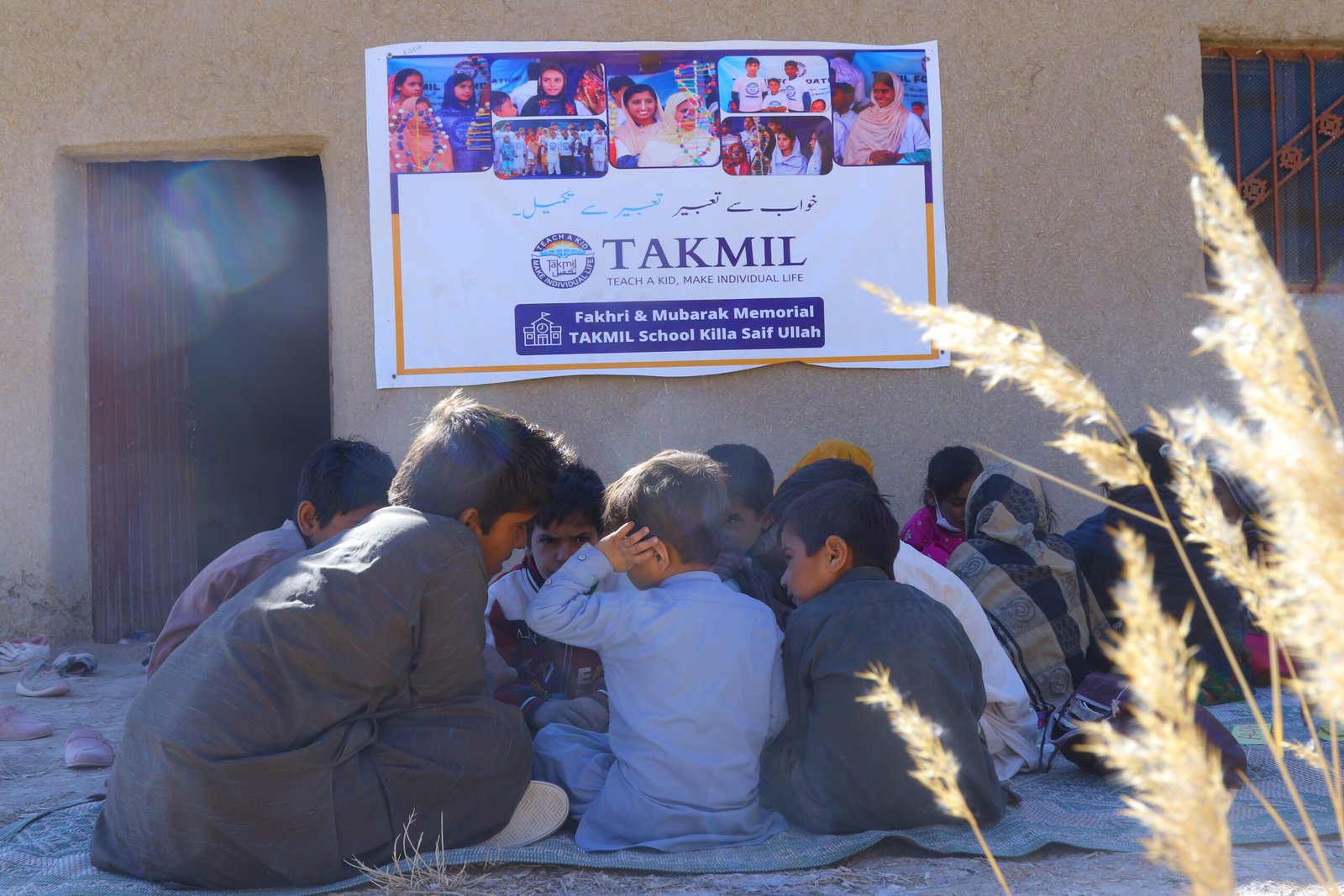
3. Community Infrastructure
TAKMIL's non-formal schools are designed for small groups, utilizing existing community infrastructure like baithak, facilitators homes, and mosques, avoiding the need for physical construction.
You Can Change 1 Child Life in Just $10/Month
Community-Driven Educational Transformation
Empowering girls through innovative female-led initiatives, blending tradition with technology, to create tailored educational pathways. With community collaboration and cultural respect, these initiatives seamlessly transition girls into formal education, sparking holistic community transformation.
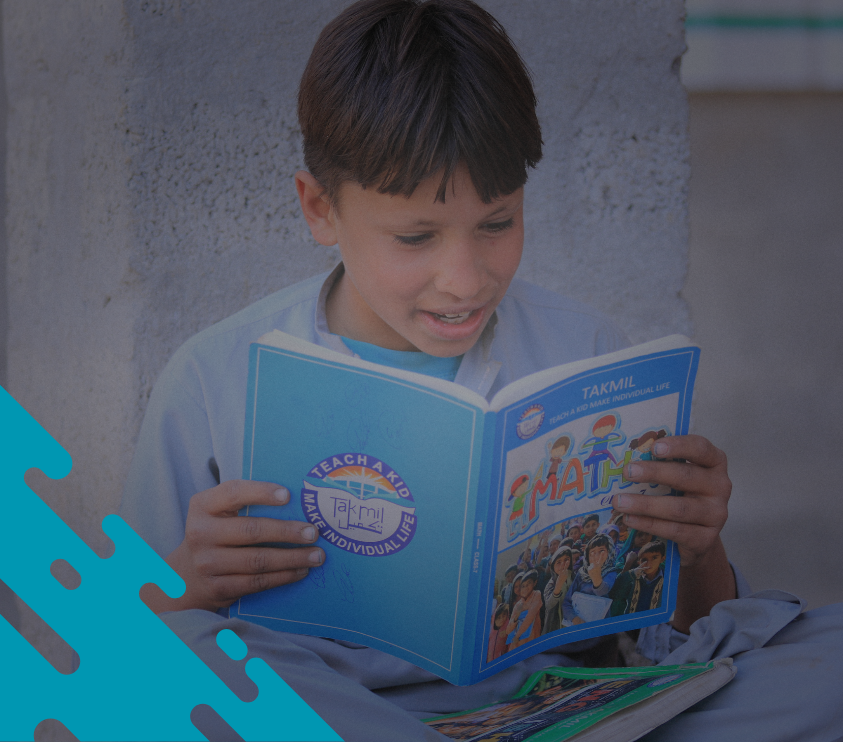
Multiage Learning
Accelerated Curriculum
Technology Driven Solution
No Brick & Mortar School Building
Data Driven Education Interventions
Takmil Impact

5 Provinces

40 Districts

80 Rural Communities

80+

3000

2000

200

250




























